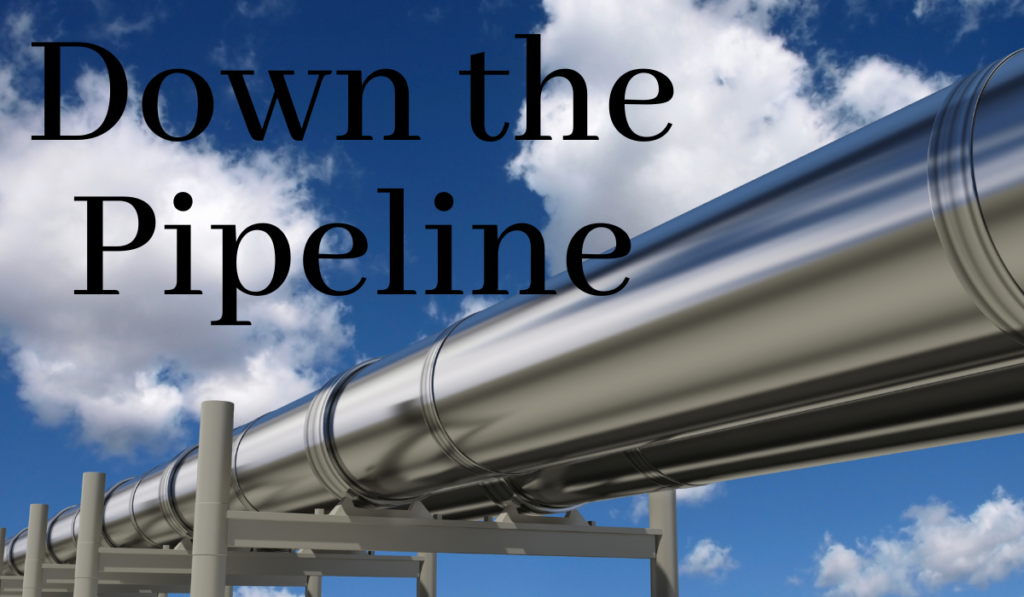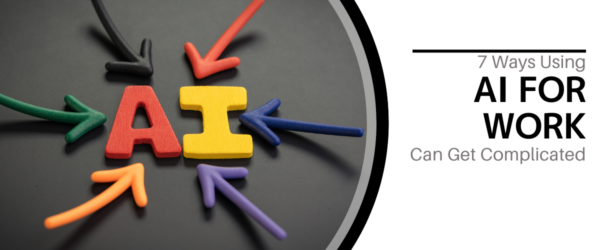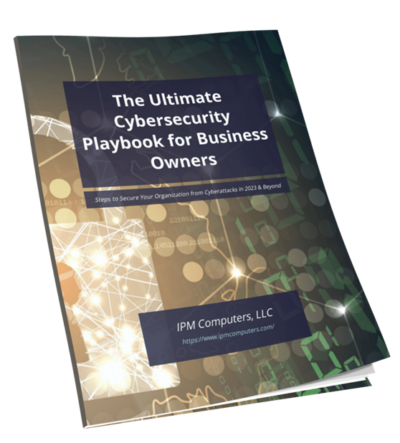Thankfully, it wasn’t nearly the level of chaos that we saw in March of 2020, but it did bring a lot of things to the surface for people, especially if you’re in the cybersecurity industry. One thing that we discussed with our healthcare clients last week, was how this type of breach isn’t industry-specific. It’s important that the humans of the world (in other words, all of us) realize that a breach on a fuel pipeline doesn’t mean that gasoline prices will soar and affect their summer road trip plans (which it might) – it could possibly mean much more in many different ways that aren’t thought of initially.
How so?
With the Colonial Pipeline ransomware incident, we saw long lines at the fuel pump and immediate fear of a gas shortage. Thankfully, the crisis was averted for the most part for the end consumer but what if that trickled down to mean no gas for ambulances, or stress on people that drove them to the hospital? Suddenly it’s a healthcare issue. What if you had a trip planned to see your family for the first time in a year and couldn’t get (or afford) gasoline or your plane ticket suddenly tripled in price? We’re all connected in one way or another.
Cybercrime is everyone’s problem and if it doesn’t affect your office or your Facebook account, it will still affect you in one way or another. One person’s mistake could mean a breach of your bank account. We need to normalize cyber safety and smart practices with regard to the technology that we use in the same way that we know traffic laws and rules when we get our driver’s license. It needs to become second nature, not a stop and panic reaction because there isn’t a second chance once you’ve clicked on a dangerous link.
Is your business making cybersecurity a top priority in the workplace? Are you ensuring that your family and friends are doing the same? We must make a collective effort to maintain strength against criminals because we are collectively affected by the crime.
The post Down the Pipeline appeared first on Breach Secure Now!.





